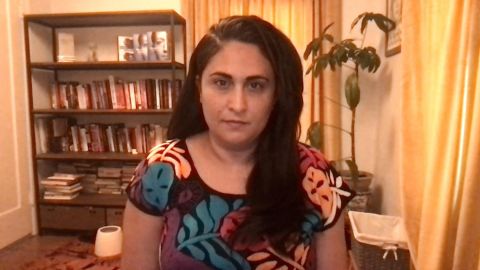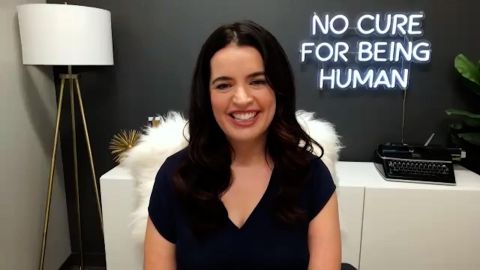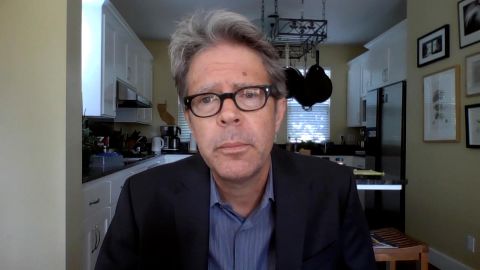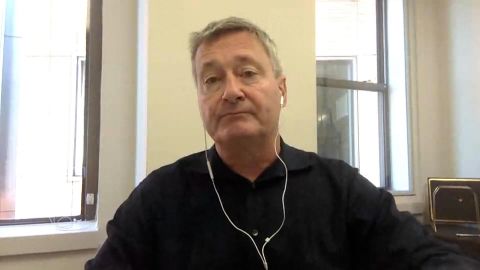Read Transcript EXPAND
BIANNA GOLODRYGA: let me ask you to break it down for our audience who banks at their neighborhood bank, has one bank account, and that’s that, and doesn’t understand what this investigation reveals. Can you break it down for us and them?
GERARD RYLE, DIRECTOR, INTERNATIONAL CONSORTIUM OF INVESTIGATIVE JOURNALISTS: Well, we’re talking about 11 million or almost 12 million documents from the — basically, from people who set up accounts in offshore tax havens. If you go offshore in this way, you’re effectively operating outside the normal parameters of finance. You can basically play in a parallel universe. And what we’re seeing here — and we have been working with 600 journalists from more than 100 different countries, 150 different media organizations, including “Frontline” and “The Washington Post” here in the U.S. And we have basically been uncovering the secrets of people who are in power, basically the people who have been saying for years that this is a system that doesn’t really serve any real true purpose. And yet, effectively, here we are seeing that they themselves are benefiting from it.
GOLODRYGA: Yes, you have uncovered the files. We’re talking about 12 million financial files of more than 330 politicians from 90 countries. And this should, all be said, is legal. How is this legal? And how have they been able to take advantage of these loopholes?
RYLE: Well, if you go offshore, you can basically set up a company that will allow you to operate almost entirely in secret, unless, of course, something like this happens and journalists get ahold of the information. And what we’re seeing here are really the secrets of these powerful people from all of these different countries. And it may be legal. When we first published our previous investigation called The Panama Papers, people were saying at the time that was all legal. And, of course, since then, more than $1.4 billion in back taxes have been recovered, and a lot of people have gone to jail as a result of that. I think time will tell whether or not everything we’re seeing here is legal. But I guess from now what we’re seeing is certainly questions being asked.
GOLODRYGA: Yes. And for those watching at home, I’m sure many can remember that investigation of, The Panama Papers, back in 2016. And that was jaw- dropping in and of itself. And what’s interesting to read in this new report is that lessons were definitely learned from The Panama Papers, but perhaps not necessarily the right lessons, because many of these individuals and those who are aiding them including lawyers, just doubled down in making it that much more difficult to follow the money, for lack of a better phrase.
RYLE: Yes, it’s probably worth pointing out that The Panama Papers was based on just one offshore service provider in Panama, which is what led to the names. Here, we’re looking at 14 different service providers in multiple jurisdictions around the world. And what we’re seeing here is, after The Panama Papers, they just got more sophisticated about how they hide their assets and how they do business. And we’re seeing some sort of hilarious conversations about how they don’t want another Panama Papers to happen. And yet here we have The Pandora Papers, which is, as I say, same much bigger.
About This Episode EXPAND
Gerard Ryle; Sheera Frenkel; Jonathan Franzen; Kate Bowler
LEARN MORE



